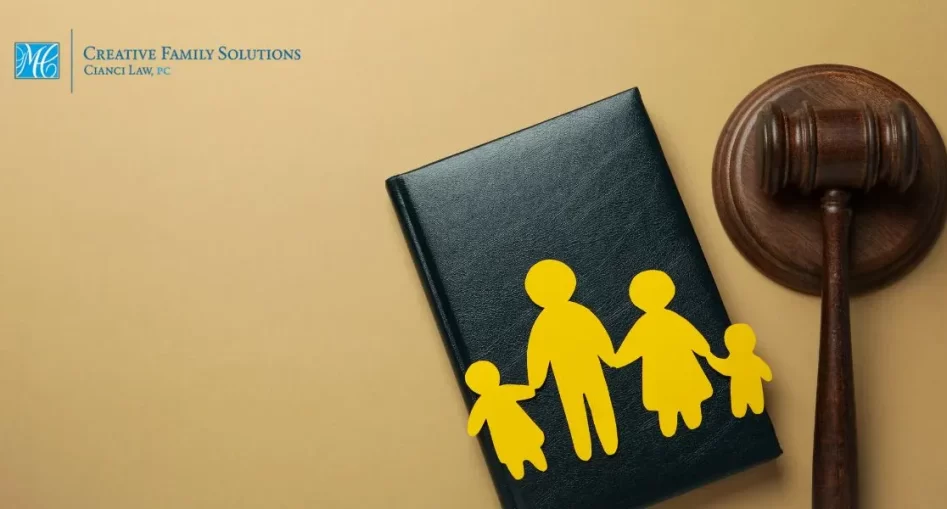
For one reason or another, many California parents find themselves unable to parent their children, or a court deems them unable to do so. In these situations, there are essentially two options. The first is adoption, which permanently severs a parent’s legal rights to his or her child. The other option is guardianship. Guardianship can give another individual legal custody of a child while a parent is unable to properly care for the child. Yet, it is important to keep in mind that guardianships are temporary in nature.
So, how can a California guardianship be terminated? First, a guardianship automatically terminates when the subject child turns 18 years of age. At this point, he or she will be considered an adult and therefore guardianship will no longer be deemed necessary. Second, a guardianship can be terminated if one of some certain actions are taken, including the child’s marriage, adoption, enlistment in the military, or emancipation. Third, and probably the most obvious, is that guardianship can end in the event that the child dies. Lastly, guardianship can be terminated if the court deems it appropriate.
This last path to termination is often the most contested. To determine whether terminating a guardianship is in a child’s best interests, the court will look at a number of factors, similar to those that are considered in child custody cases. However, if a parent is seeking to end a guardianship, then the court will likely want to see evidence that he or she has stable housing, employment, and, generally speaking, can provide the child with an appropriate living environment. If the child is 12 years of age or older, then the court may also take the child’s wishes into consideration.
Regardless of which side of a guardianship dispute a Californian finds him or herself, the matter can be emotionally charged. However, emotions and a desire to care for a child is not enough to convince a court that one’s home is appropriate. There must be evidence submitted to the court demonstrating how the desired arrangement furthers the child’s best interests. A skilled family law attorney may be able to help these individuals develop legal arguments that are convincing to a judge.
Request a Consultation
Fields marked with an * are required


